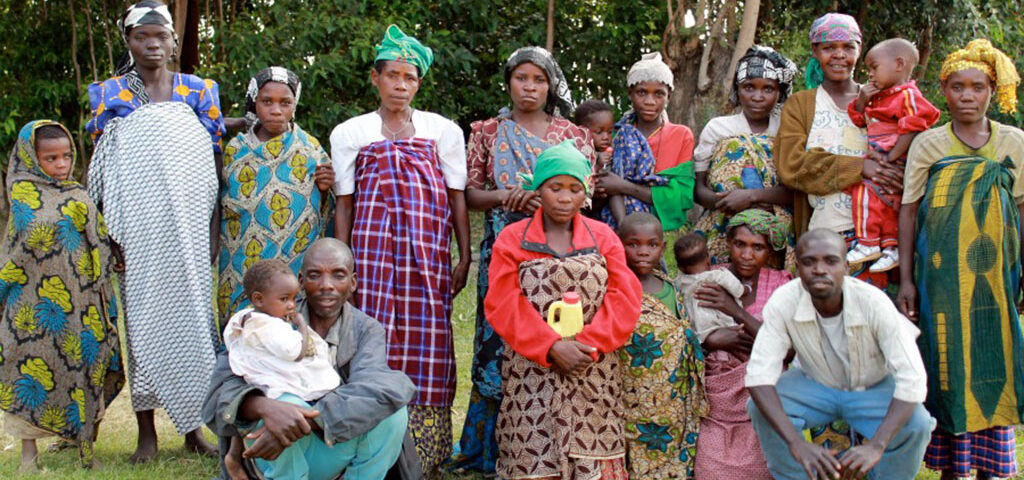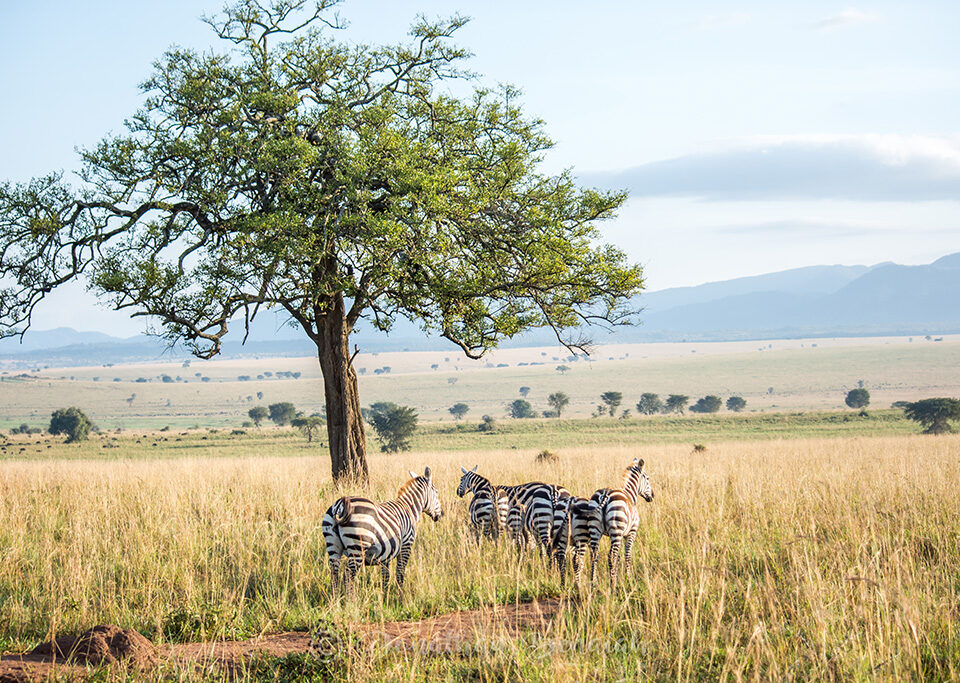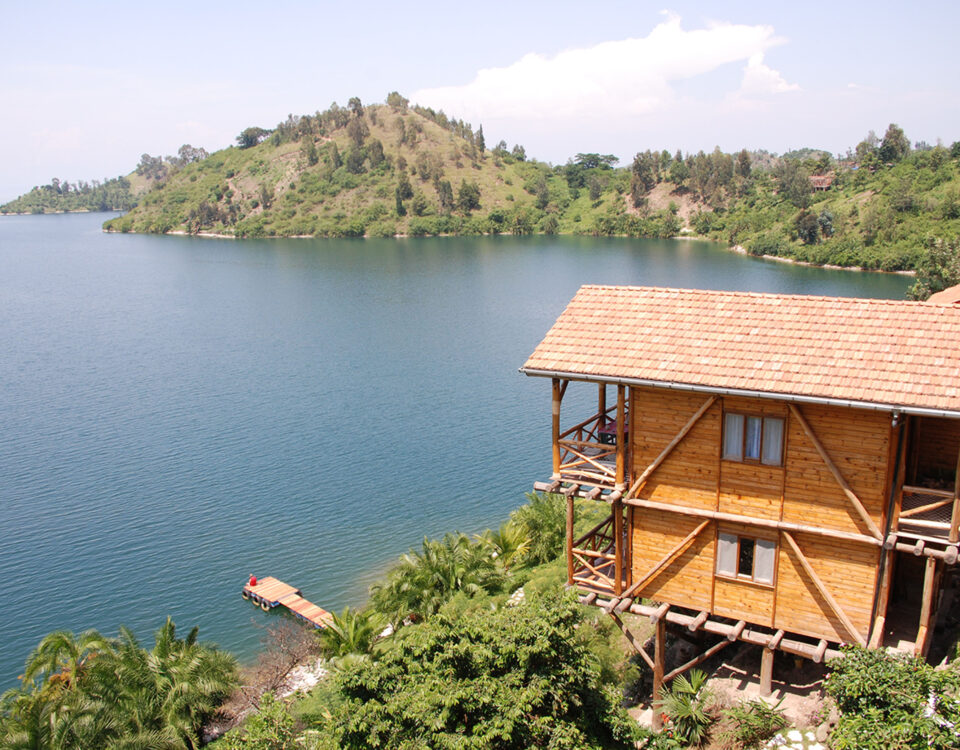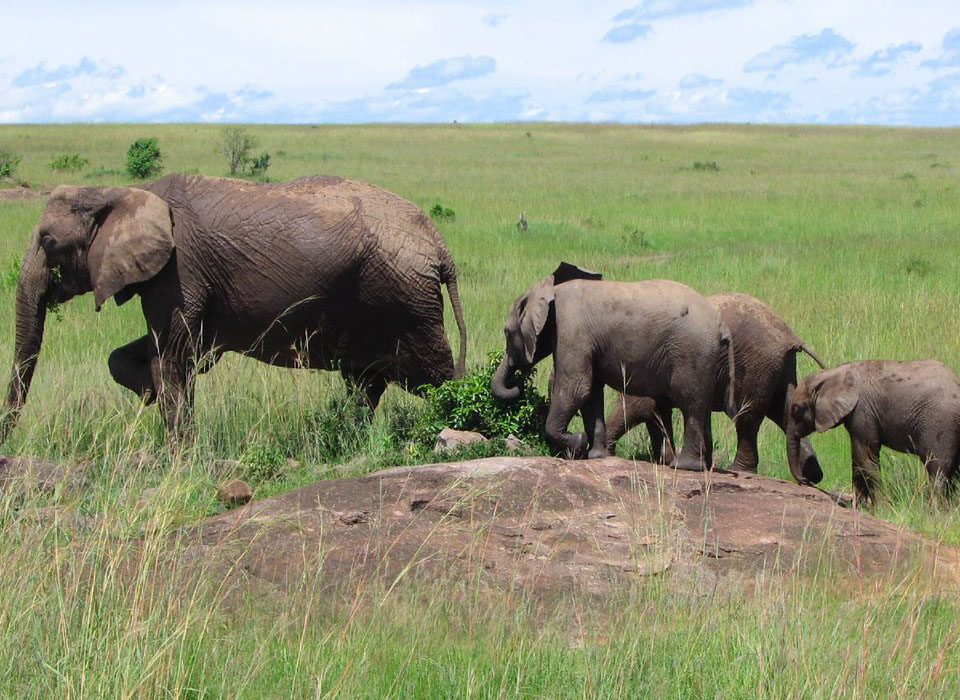
7 Thrilling African Honeymoon Destinations
January 30, 2024
Uganda Tourism laws governing wildlife to be revised
February 1, 2024The Batwa, also known as the Twa in Rwanda, constitute an indigenous community originally residing in the ancient Bwindi forest in Uganda. Their historical connection with the jungle, especially their role as the Keepers of the forest, highlights their harmonious coexistence with nature, including the mountain gorillas. Anthropologists estimate that pygmy tribes such as the Batwa have existed for over 60,000 years in equatorial forests, where their lifestyle involved gathering fruits, plants, and hunting game for both medicinal and nutritional purposes.
Living in symbiosis with the forest, the Batwa refrained from farming, charcoal production, deforestation, and other activities harmful to the environment. A popular Batwa saying underscores their deep connection to the forest: “A Mutwa (singular) loves the forest just as he loves his body.” Unfortunately, their displacement from the Bwindi forest in 1992, when it was declared a national park to protect mountain gorillas, marked a turning point. Evicted from their ancestral home, the Batwa became conservation refugees, struggling to adapt to a modern world that didn’t align with their traditional skills.
Despite their historical role in preserving the forest, the Batwa face stigmatization as gorilla poachers and endure negative stereotypes. However, it is essential to recognize that the Bantu tribal groups, who later migrated into the area, contributed to deforestation, grazing, and cultivation, altering the Batwa’s way of life. The Batwa’s eviction from the forest disrupted their existence, leading to challenges such as poverty, low life expectancy, and high infant mortality rates.
In contemporary times, various organizations have advocated for the Batwa, offering support through initiatives such as hospitals, clinics, schools, housing projects, sanitation, water projects, and income-generation programs. Despite the difficulties, there is hope for the Batwa to revive their original spirit of living in harmony with nature. Efforts to empower the Batwa include cultural trails, initiated by the Uganda Wildlife Authority and supported by USAID and the Embassy of Netherlands, providing tourists with insights into the Batwa’s ancient gathering and hunting practices.
The Kellerman Foundation has also played a role in preserving Batwa culture by establishing the Batwa Experience outside Bwindi Impenetrable National Park. This initiative allows visitors to engage with the Batwa community, experiencing their traditional dances, clothing, and food after gorilla trekking. Additionally, programs like the Village visit and the Buninga Batwa Forest Walk, developed in collaboration with the International Gorilla Conservation Programme (IGCP), provide opportunities for tourists to explore Batwa culture and traditions.
Despite the challenges and stereotypes, the Batwa remain an incredible indigenous group with rich cultural experiences. For those visiting Uganda, engaging with the Batwa offers a unique opportunity to appreciate their heritage and contribute to their ongoing journey towards cultural preservation and sustainability.




